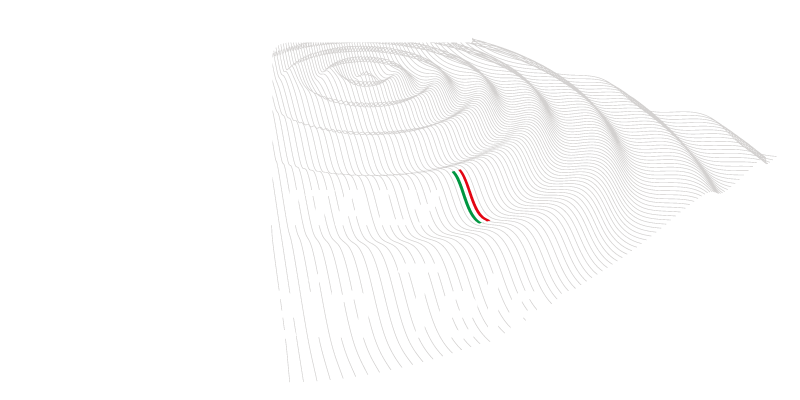On Thursday, December 12, at 5:45 p.m., the Einstein Telescope project will be the focus of a conference at the Academy of Sciences of Turin. The event is part of the 2024-2025 program of “GiovedìScienza”, a historic series of conferences organized by the association CentroScienza, which this year reaches its 39th edition.
The conference, entitled “Listening to Black Holes – Chasing the Symphony of the Universe with the Einstein Telescope”, will feature Marina De Amicis (Niels Bohr Institute, Copenhagen) and Michele Punturo (INFN Perugia), international coordinator of the Einstein Telescope scientific collaboration, in dialogue with Stefano Bagnasco (INFN Turin).
The event aims to pay tribute to Tullio Regge, a scientist, innovator, and founding member of CentroScienza, on the 10th anniversary of his passing.
Admission is free until capacity is reached. More information are available at this link.
—
Listening to Black Holes – Chasing the Symphony of the Universe with the Einstein Telescope
Imagine a structure consisting of three tubes, each at least 10 kilometers long, placed underground in a disused mine in Sardinia. Inside the tubes, in near-perfect vacuum conditions, laser beams are reflected by flawlessly polished mirrors. Incredibly sensitive detectors stand ready to record signals from the cosmos. Their target? Gravitational waves — a phenomenon predicted by Einstein more than a century ago. These waves can be thought of as echoes from unimaginably powerful events, such as the coalescence of black holes or neutron stars, or the explosions of supernovae. This structure, known as the Einstein Telescope, could be built in the coming years, with Italy being one of the candidate countries to host it. Thanks to cutting-edge, custom-designed technologies, it will be able to observe a volume of the universe about a thousand times greater than current instruments. This will enable major breakthroughs in our understanding of the cosmos, revealing long-anticipated but never-before-seen phenomena, and pushing our view further back in time toward the Big Bang.

